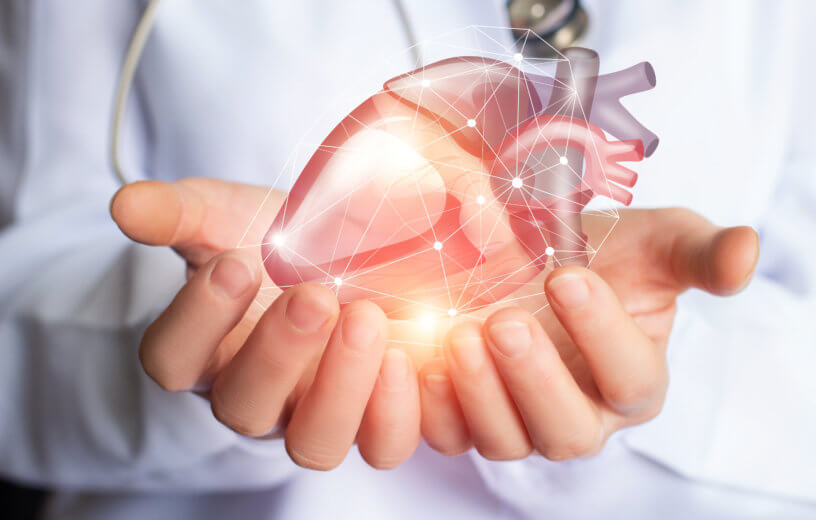OKAYAMA, Japan — A heart condition called dilated cardiomyopathy, or DCM, weakens muscles of the ventricles, which causes heart failure and often death in children. Currently, the only cure is a heart transplant, which can take long periods of time to find an acceptable donor and increases the risk of rejection of the donor tissue. A recent study by scientists in Japan finds that a stem cell therapy could help DCM patients survive longer while awaiting a transplant — or potentially eliminate the need for a new heart entirely.
The study of stem cell regeneration has proven to be an effective method of treatment for damaged organs. Cardiac stem cells called cardiosphere-derived cells (CDCs) have proven to be effective at treating certain heart conditions. The CDCs grow into tissue cells of the heart and can counter the effects of DCM.
To test the safety of the CDC therapy, a team of scientists at Okayama University in Japan demonstrated the efficacy of CDCs in tissue damaged from DCM. “I have been working on cardiac regeneration therapy since 2001. In this study, my team and I assessed the safety and efficacy of using CDCs to treat DCM in children,” says team lead Professor Hidemasa Oh in a statement.
For the study, DCM symptoms were induced in pigs, after which CDCs were administered in various doses for treatment. For the control group, some pigs were given a placebo.
Results showed thickening of the heart muscle in pigs who were given the treatment. This allowed increased blood flow to the rest of the body, thereby effectively repairing the damaged tissue. Due to the dosage used in animal trials, researchers could estimate the proper dosage for human trials.
The first of these included 5 younger patients who were diagnosed with DCM. Injections of CDCs resulted in better heart function without any serious side effects. The CDCs work by secreting exosomes that contain proteins referred to as microRNAs. These proteins carry out several interactions between molecules of the heart cells.
One function of the microRNAs is to prevent the self-damaging heart cells from harming other tissue cells by blocking their signals. After which, the proteins encourage regeneration by initiating the progression of stem cells into new, functional heart cells called cardiomyocytes. Because of the work of these exosomes, researchers believe future treatments may not require CDCs at all.
Scientists believe this type of treatment could minimize the need for heart transplants and allow DCM patients to have normal lives. “We intend to move these results into a randomized phase 2 trial to obtain a pharmaceutical approval of this therapy in Japan,” said Professor Oh.
This study is published in Science Translation Medicine.
